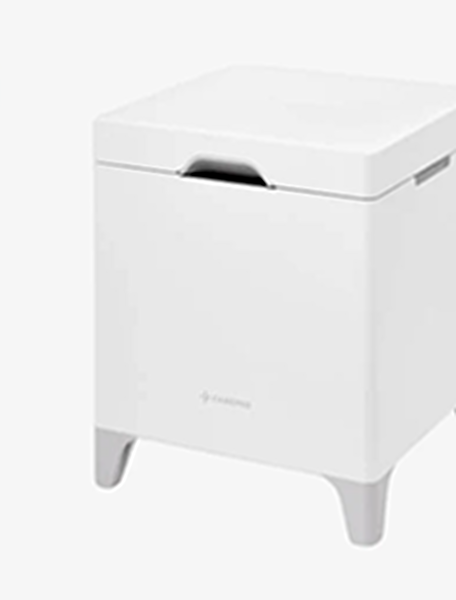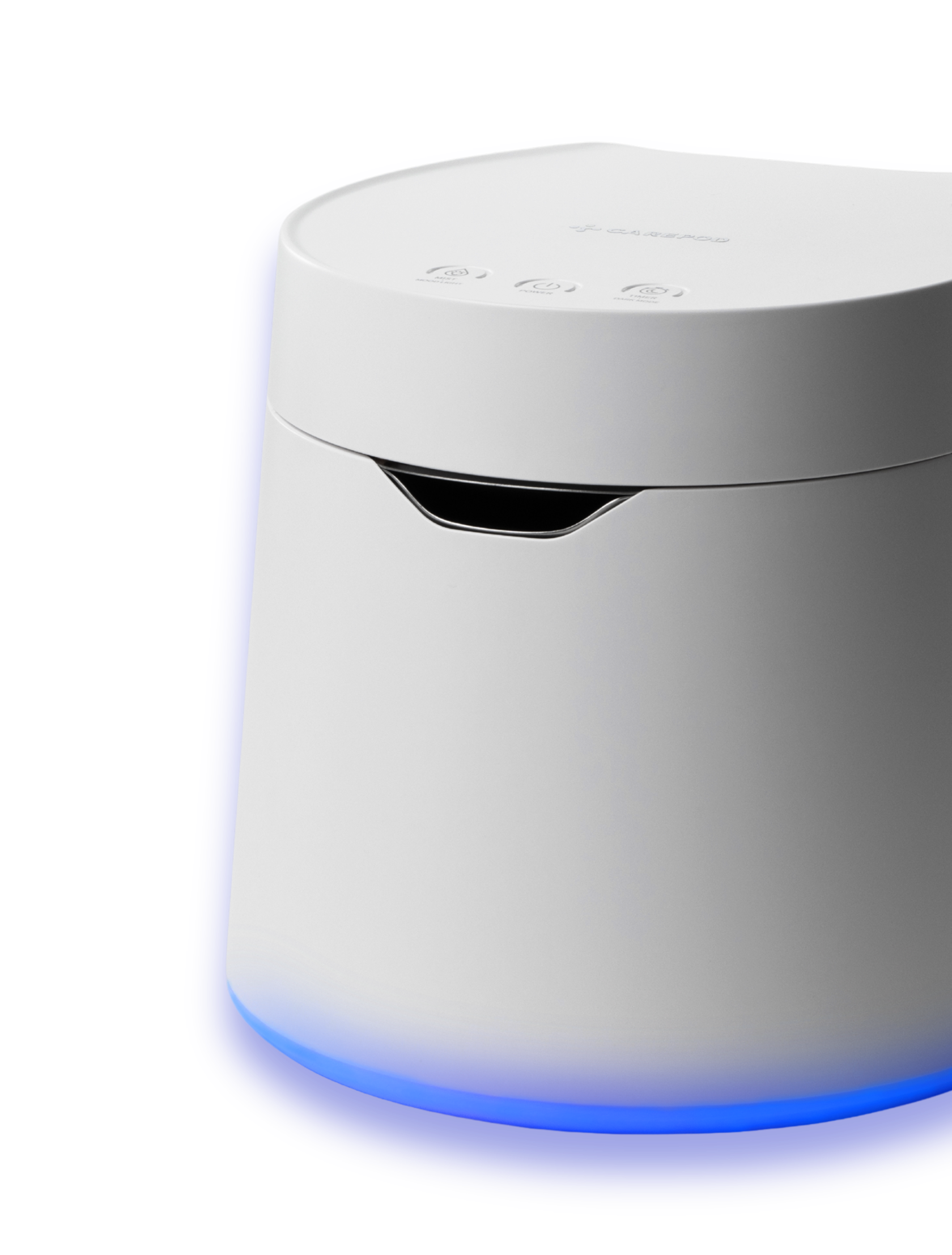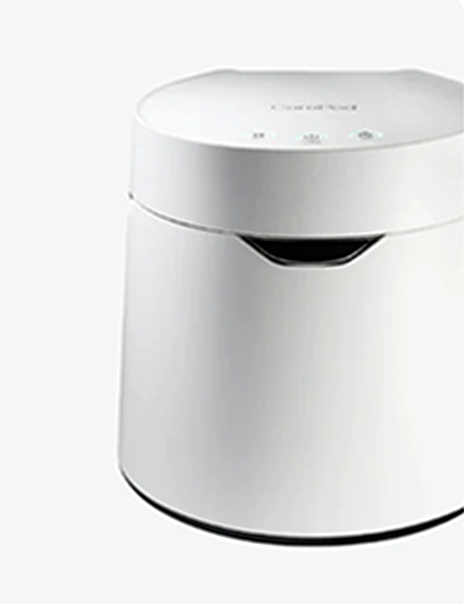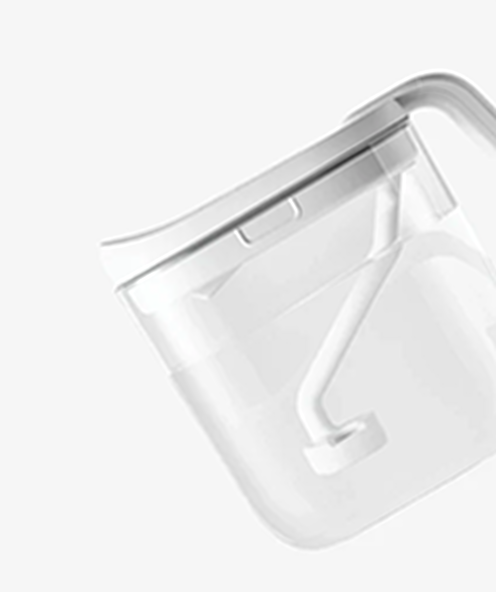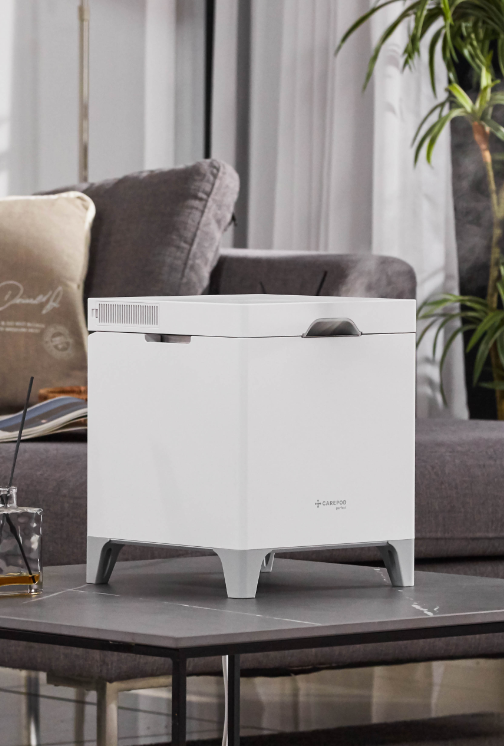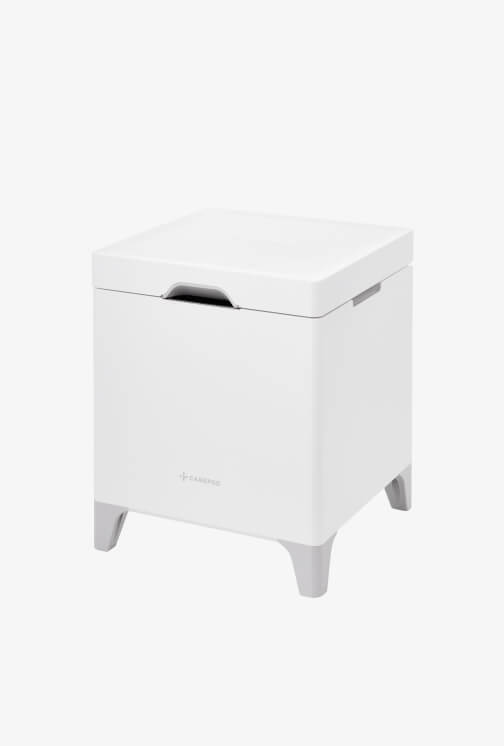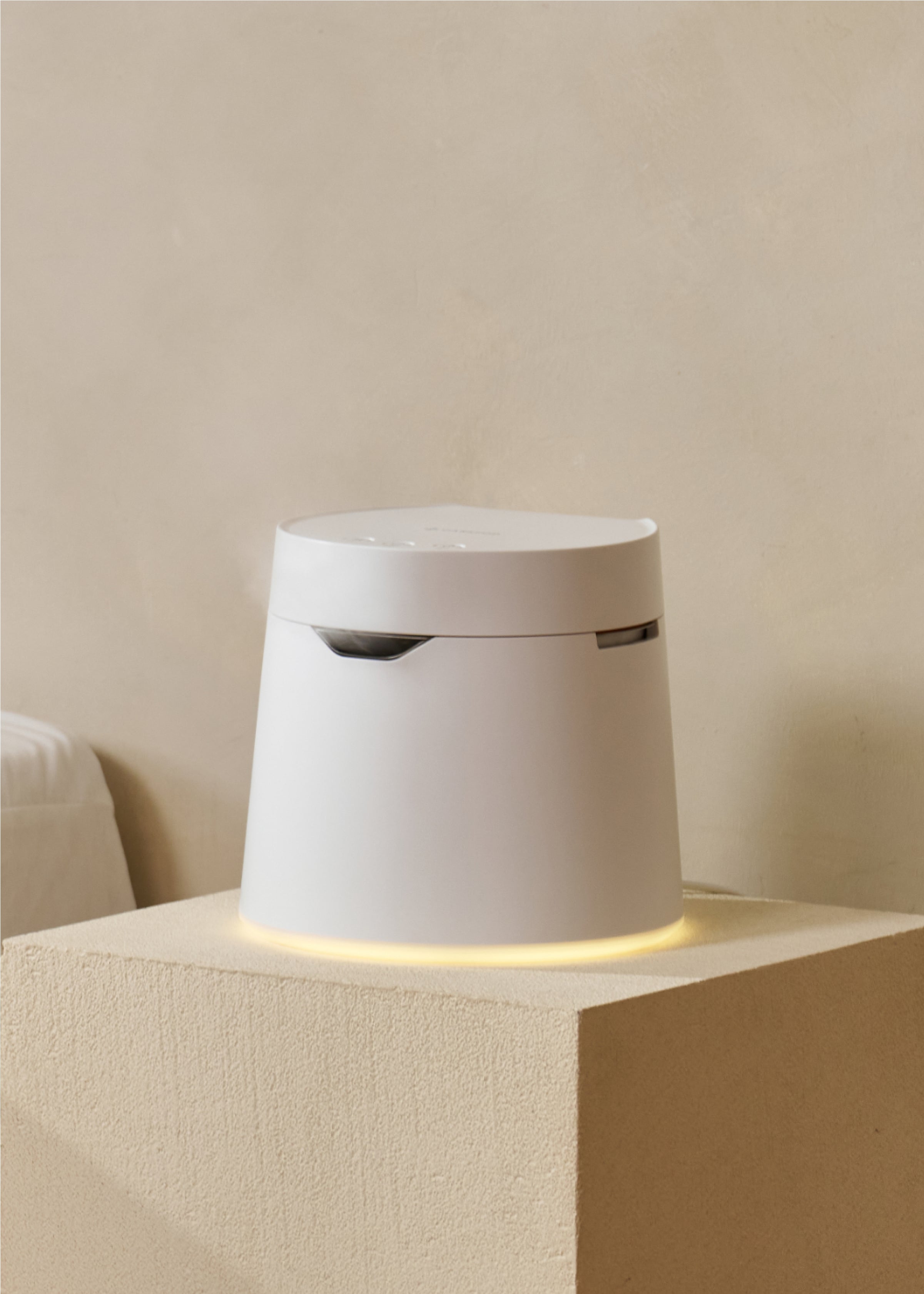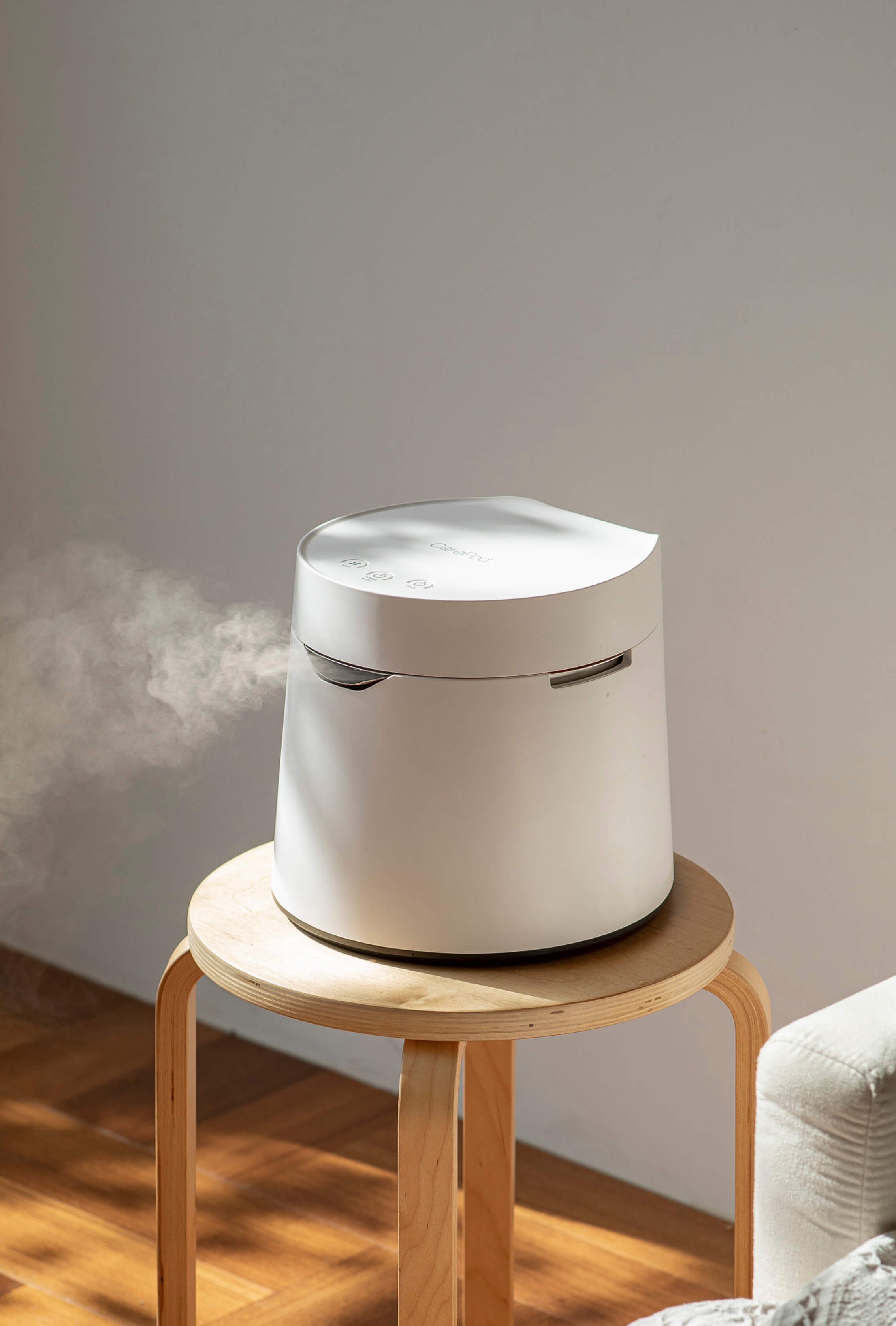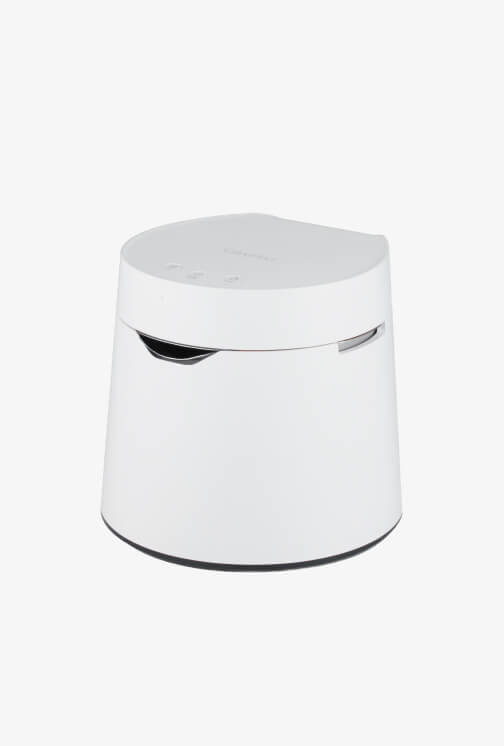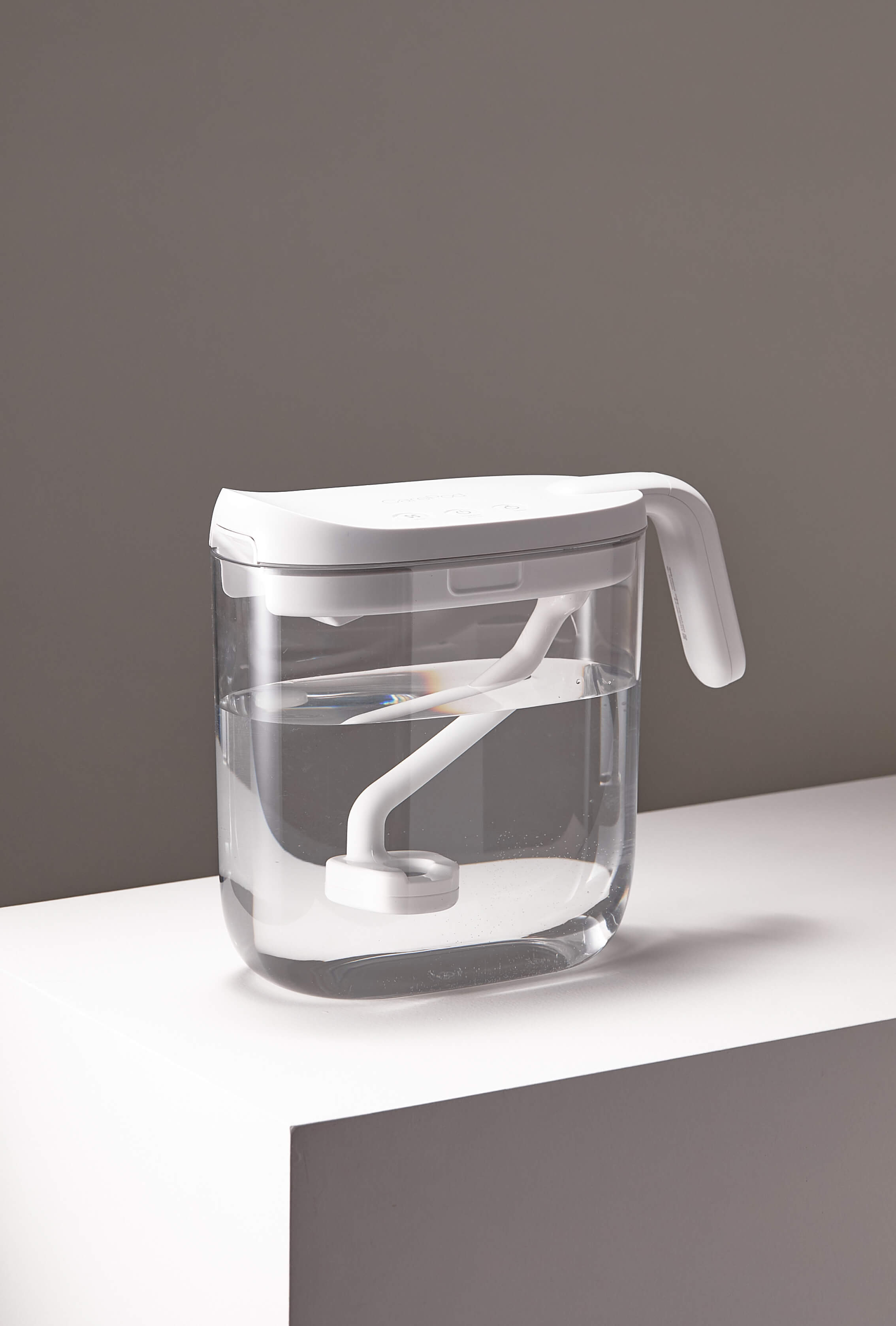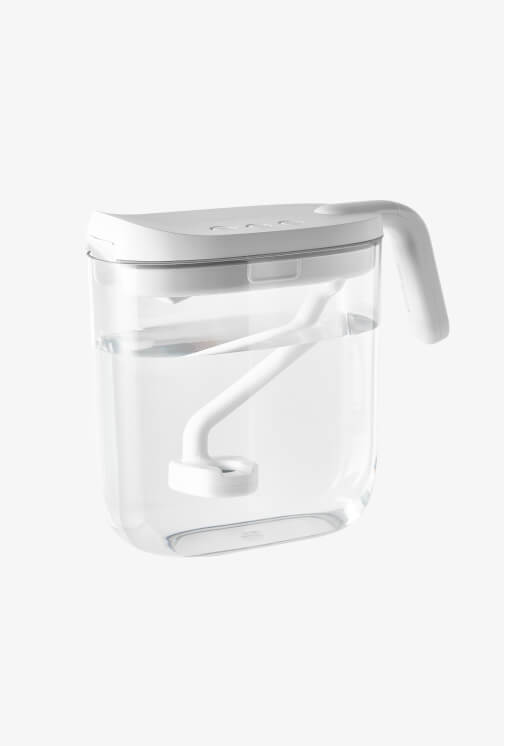9 Physical and Mental Signs You’re Dehydrated

With the arrival of summer, we can’t help but begin thinking of sun-soaked adventures, beach outings, and outdoor activities. But the warmer the weather, the easier it is to become dehydrated. In fact, dehydration can sneak up on us, often manifesting in subtle ways that are easy to overlook.
In this article, we’ll dive into the signs of dehydration some you may be familiar with — and others that might surprise you.
Physical Signs You’re Dehydrated
Up to 75% of the average human body is made up of water.
Staying hydrated isn’t just about quenching your thirst; it plays a crucial role in maintaining your body’s balance and ensuring everything is working its best.
When you’re dehydrated, it can lead to a range of health issues including digestive problems, skin problems, fatigue, dizziness and headaches.
Fatigue and feeling weak
Feeling overly tired even though you’re getting enough rest? Dehydration can impact every aspect of health, including the quality of your sleep-wake cycles. When you’re dehydrated, your body wakes up during sleep more easily, and has to work harder to perform everyday tasks, leading to zapped energy levels.
Dizziness or lightheadedness
When you lack enough fluids, your blood volume decreases, causing a drop in blood pressure and preventing your brain from receiving enough blood. This can lead to feelings of dizziness and a sensation of being off-balance. If you frequently experience dizzy spells, it’s important to consider if dehydration could be a contributing factor.
Headaches
Dehydration can also manifest in the form of headaches. When your body lacks sufficient fluids, it can affect your brain’s ability to function properly. The decrease in fluid levels can cause blood vessels in the brain to constrict, putting pressure on nerves, which leads to mild to severe pain.

Digestive problems
One of the most well-known physical signs of dehydration is dark yellow urine or decreased urine output, but how does dehydration actually affect your digestive system? Here are a few of the most common symptoms:
Acid reflux
When the body lacks fluids, it reduces the production of saliva, which plays a role in neutralizing stomach acid. The decrease in saliva can contribute to heartburn and regurgitation.
Upset stomach, indigestion and gastritis
Insufficient fluid intake can reduce the production of digestive juices and enzymes, causing difficulties in breaking down food and absorption of nutrients. Inadequate hydration can increase the concentration of gastric acid, leading to irritation and damage to the stomach lining.
Constipation
When dehydrated, your body tries to conserve water by absorbing more water from the stool, leading to constipation. This means dry, hard stools that can be difficult to pass.

Skin issues
Dry skin
One of the most noticeable effects of dehydration on the skin is dryness. When the body doesn't have enough water, the skin can become dry, tight, and flaky. This occurs because water is essential for maintaining the skin's moisture barrier, which helps lock in hydration and protect against moisture loss.
Dull complexion
Dehydration can leave your skin looking lackluster and dull. Without proper hydration, the skin's natural glow and radiance can diminish, making the complexion appear tired and sallow.
Wrinkles and fine lines
Inadequate hydration can contribute to the formation of wrinkles and fine lines on the skin. Without enough water, the skin loses elasticity and plumpness, leading to the development of premature aging signs.
Acne and breakouts
Dehydration can disrupt the balance of oil production in the skin, leading to an overproduction of sebum. This excessive oil can clog pores and contribute to the development of acne and breakouts.
Increased sensitivity
Dehydrated skin tends to be more sensitive and prone to irritation. Without proper moisture, the skin's protective barrier can become compromised, making it more susceptible to environmental aggressors and allergens.
Mental Signs You’re Dehydrated
We’re used to keeping an eye out for physical symptoms of dehydration, but mental and emotional symptoms shouldn’t be overlooked either.
Our brains are made up of approximately 80% water — so when we’re not getting enough hydration, our brains struggle to perform well. When we're dehydrated, it can lead to feeling irritable or moody, having difficulty concentrating, a decrease in mental performance, and increased feelings of anxiety or depression.

Feeling irritable or moody
Even mild levels of dehydration can have a direct impact on your mood and mental well-being When your body is deprived of adequate water, it may affect your brain function and lead to feelings of irritability and moodiness. You might notice that you become easily agitated or have a shorter fuse when you're dehydrated.
Difficulty concentrating and focusing
Dehydration can also impair your cognitive function, making it harder for you to concentrate and focus on tasks. Studies have shown that even mild dehydration can lead to decreased cognitive abilities, including slower reaction times and impaired decision-making skills. You may find it challenging to stay alert and engaged, which can affect your productivity at work or home.
Increased feelings of anxiety or depression
Dehydration can also have an impact on your mental health, including increased feelings of anxiety or depression. When your body is dehydrated, it can disrupt the balance of important neurotransmitters in the brain, such as dopamine, which affects brain processes in charge of movement and emotional response.
Final Thoughts
It's important to note that these physical signs of dehydration can vary from person to person. Some individuals may experience all of these symptoms, while others may only exhibit a few. Babies, children, and elderly adults are typically most at risk for dehydration.
Additionally, the severity of the symptoms can also differ depending on the level of dehydration. It's crucial to listen to your body and pay attention to any changes or discomfort you may be experiencing. As always, consult a doctor to discuss any concerns with your health.
As we’ve learned, proper hydration is essential for your physical, mental and emotional wellbeing.
From using a facial spray to infusing moisture at home with a cool-mist humidifier, there are a number of ways to stay refreshed, inside and out. Prioritize hydration for your daily routine, so you can feel fully energized for the summer season ahead.
